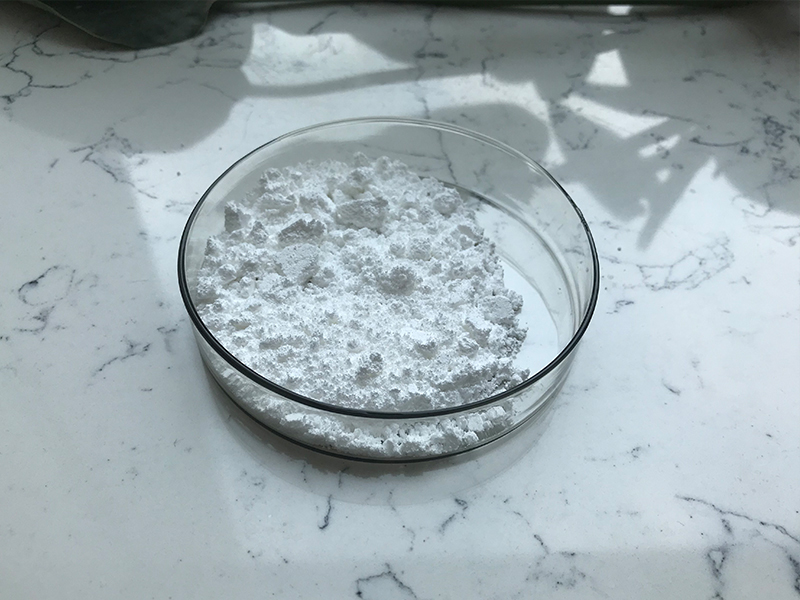NMNH (Reduced Nicotinamide Mononucleotide) is a derivative of Nicotinamide Mononucleotide (NMN), a compound that serves as a precursor to Nicotinamide Adenine Dinucleotide (NAD+), an essential coenzyme involved in cellular energy metabolism and various biological processes. NAD+ levels decline with age, and its supplementation is believed to support cellular health and longevity.
Efficacy and Effects of NMNH
1. NAD+ Boosting: NMNH is a more stable, reduced form of NMN, which is hypothesized to be more effective in boosting NAD+ levels compared to NMN itself. By replenishing NAD+ levels, NMNH may support energy metabolism, mitochondrial function, and cellular repair.
2. Anti-Aging and Longevity: Like NMN, NMNH could potentially have anti-aging effects by enhancing NAD+ levels, which may improve cellular health, repair mechanisms, and protect against age-related decline in cellular function.
3. Metabolic Health: NMNH may support metabolic health by enhancing NAD+ levels, which are crucial for processes such as glucose metabolism, lipid regulation, and insulin sensitivity. This could potentially benefit conditions like metabolic syndrome and type 2 diabetes.

4. Neuroprotection: Some research suggests that boosting NAD+ levels can protect against neurodegenerative conditions by enhancing mitochondrial function and reducing oxidative stress in the brain. This could be relevant for conditions like Alzheimer’s and Parkinson’s disease.
5. Cardiovascular Health: NAD+ plays a role in vascular health and function. By supporting NAD+ levels, NMNH may contribute to improved endothelial function, reduced inflammation, and overall cardiovascular health.
Current Research Status
Research on NMNH is still emerging, and while there is significant interest in its potential benefits, most studies have been conducted in animal models or in vitro settings. Human clinical trials are necessary to fully understand the safety, efficacy, and optimal dosing of NMNH.
Comparison with NMN and NR
NMNH is a reduced form of NMN and may have different pharmacokinetics and stability properties, potentially making it more effective in raising NAD+ levels. However, Nicotinamide Riboside (NR) is another NAD+ precursor that has been studied more extensively in humans and is known to effectively raise NAD+ levels.

Safety and Side Effects
As of now, there is limited information on the safety profile and side effects of NMNH in humans. However, based on studies with other NAD+ precursors, common side effects might include mild digestive discomfort or flushing.
Conclusion
NMNH is a promising compound for boosting NAD+ levels and potentially supporting cellular health and longevity. However, more research, particularly in humans, is needed to establish its efficacy, safety, and optimal use compared to other NAD+ precursors like NMN and NR.
